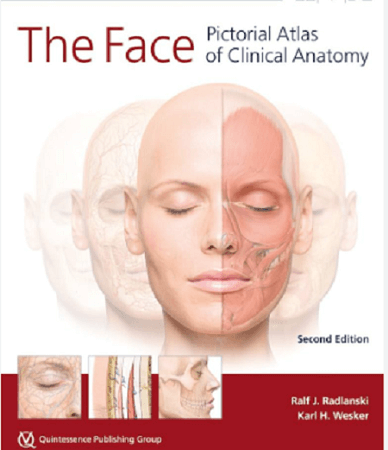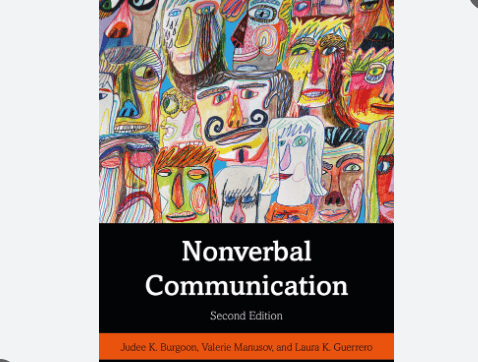Job Specialization

- File photo | Credit Job Zone/Department of Labor
What is Job Specialization?
Early in the last century, Henry Ford became rich and famous by building automobiles on an assembly line. Every Ford worker was assigned a specific, repetitive task. For instance, one person would just put on the right-front wheel and someone else would install the right-front door. By breaking jobs up into small standardized tasks, which could be performed over and over again, Ford was able to produce cars at the rate of one every ten seconds while using employees who had relatively limited skills.
Ford demonstrated that work can be performed more efficiently if employees are allowed to specialize. Today, the term, job specialization, or division of labor, is used to describe the degree to which tasks in the organization are subdivided into separate jobs.
By definition, Job specialization is the degree to which the overall task of the organization is broken down and divided into smaller component parts.
Job specialization occurs when a job is composed of a small part of a larger task or process. Specialized jobs are characterized by simple, easy-to-learn steps; low variety; and high repetition, such as the Ford's automobiles assembly line just described.
The essence of job specialization is that, rather than an entire job being done by one individual, it is broken down into a number of steps, each step being completed by a separate individual. In essence, individuals specialize in doing a part of an activity rather than the entire activity.
Although specialization is generally thought of in terms of operating jobs, many organizations have extended the basic elements of specialization to managerial and professional level as well.
Benefits and Limitations of Specialization
Job specialization provides four benefits to organizations.
- First, workers performing small, simple tasks will become very proficient at each task.
- Second, transfer time between tasks decreases. If employees perform several different tasks, some time is lost as they stop doing the first task and start doing the next.
- Third, the more narrowly defined a job is, the easier it is to develop specialized equipment to assist with that job.
- Fourth, when an employee who performs a highly specialized job is absent or resigns, the manager is able to train someone new at relatively low cost.
Equally important, training for specialization is more efficient from the organization’s perspective. It is easier and less costly to find and train workers to do specific and repetitive tasks. This is especially true of highly sophisticated and complex operations. For example, could Cessna produce one Citation jet a year if one person had to build the entire plane alone?
On the one hand, job specialization can have negative consequences. The foremost criticism is that workers who perform highly specialized jobs may become bored and dissatisfied.
The job may be so specialized and easy to learn that it offers no challenge or stimulation. Boredom and monotony set in, absenteeism and employee turnover rises, and the quality of the work may suffer, all of which are very costly to organizations. Furthermore, the anticipated benefits of specialization do not always occur. For example, a classic study conducted at Maytag found that the time spent moving work in process from one worker to another was greater than the time needed for the same individual to change from job to job.
Thus, although some degree of specialization is necessary, it should not be carried to extremes because of the possible negative consequences.
























